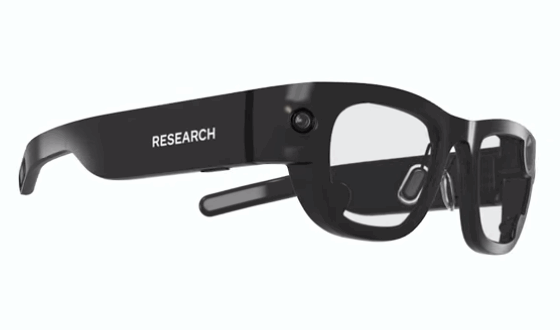SECTION ONE: An Introduction to Project Aria
13:30 Motivation and Overview of Project Aria, by Richard Newcombe
SECTION TWO: Aria for Universities
13:45 Introducing Aria Data and Tooling, by Zhaoyang Lv
14:05 Overview of Aria Research Kit (ARK), by Pierre Moulon
14:20 Introducing VRS Format, by Georges Berenger
14:35 Q&A on working with Aria, by Prince Gupta
14:45 BREAK
SECTION THREE: Aria in Research
15:15 Always-On Localization for Aria, by Jing Dong
15:35 Egocentric Scene Understanding, Chris Sweeney
15:45 Egocentric Multi-View 3D object detection, by Julian Straub
15:55 On-device computation for always-on egocentric vision, by Armin Alaghi
16:15 Concretizing privacy challenges for machine perception in AR, by Hyo Jin Kim
16:35 Partner Highlights: Multi-sensor localization for Indoor Navigation, by Kris Kitani and Vivek Roy
SECTION FOUR: Closing remarks
16:55 Closing Remarks & Joint Q&A

